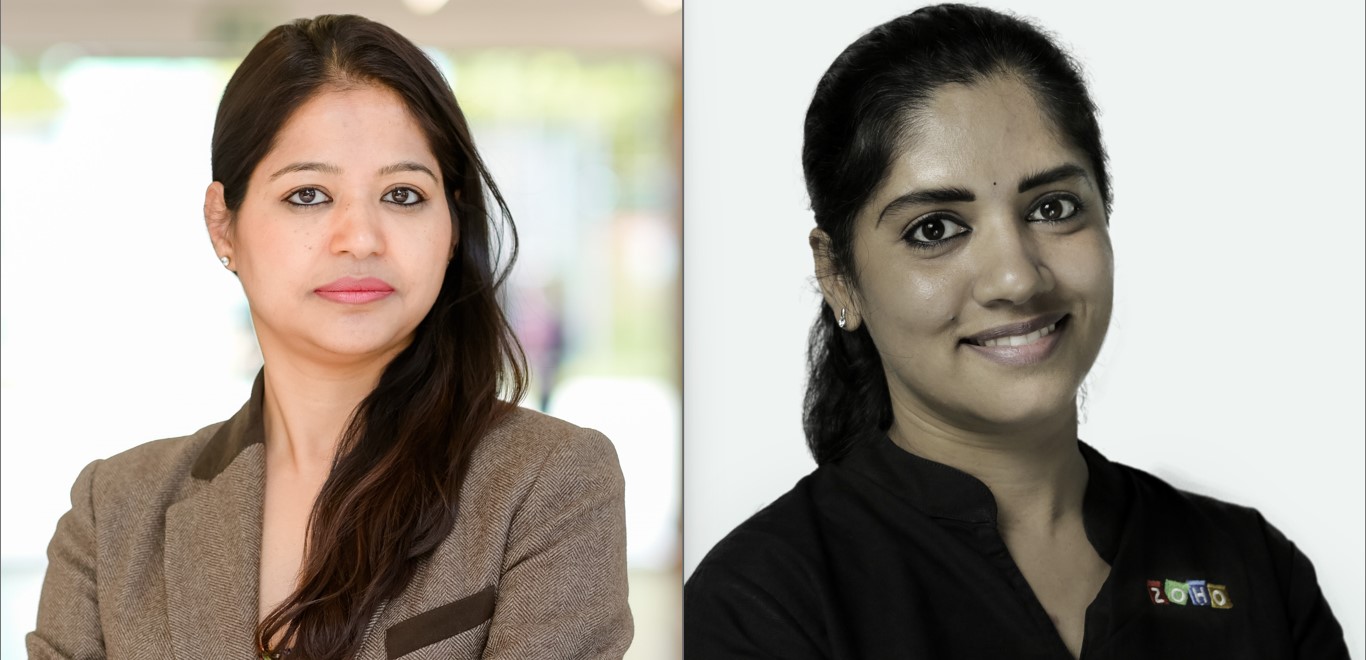People 'n' Issues
Women in STEM hold key to future
Tomorrow is International Day of Women and Girls in Science, and we highlight their role in driving innovation.
In recent weeks, global headlines have frequently focused on advancements in technology and the implications of this for industries, organisations and individuals alike. More particularly, the rise of innovative solutions in artificial intelligence (AI) has sparked debate on the role of technology versus human nuance.
The debate also speaks directly to the opportunity of women and girls bridging the gap in science, technology, engineering and mathematics (STEM) fields. Research shows that, in South Africa, women make up only 13% of graduates leaving tertiary institutions with STEM qualifications.
However, progress has been made on the continent as a whole. A report by the Times Higher Education (THE) and the United Nations Scientific, Cultural and Educational Organization (UNeSCO) found that 47% of graduates, undergraduates and postgraduates in STEM fields at African universities are women, making Africa the continent with the highest proportion of female STEM graduates.
However, women still remain outnumbered at student and academic staff levels. With International Day of Women and Girls in Science taking place tomorrow (11 February), we highlight the views of two women who are leaders in their fields.
They believe the presence of women in STEM fields is crucial for driving innovation and promoting a sustainable economy. Women bring unique perspectives and problem-solving approaches that can lead to new innovations in technology and science.
“Having a diverse workforce in STEM industries can lead to more inclusive and equitable decision-making, which is essential for creating a sustainable future for all,” says Rashi Gupta, chief operating officer at MFS Africa. “Encouraging and supporting women in STEM education and career paths is not just a matter of fairness and equality, it is also a business and economic imperative.
“Companies can promote women in STEM in various ways, such as providing mentorship and sponsorship opportunities, offering flexible work arrangements, encouraging and supporting women to pursue further education, establishing a measurable and transparent recruitment process, and celebrating and promoting the achievements of women in STEM.”
Building a sustainable economy requires, at the outset, an inclusive and futuristic mindset as well as robust policies, she says. Women have a high emotional quotient (EQ) naturally, and this EQ or emotional intelligence is equally important, in order to promote a sustainable economy and build a foundation that is wholesome.
Kuppulakshmi Krishnamoorthy, global head of Zoho for Startups, says: “Encouraging and retaining more women in STEM fields is going to result in advances in science and engineering, and better liaisons between technology, science, and policy-making. Moreover, increased participation of women in STEM can help to bridge the gender pay gap and promote economic equality.
“Women in STEM fields tend to have higher earning potential than women in other industries, and closing the gender pay gap in STEM can help reduce overall income inequality. Secondly, promoting women in STEM can also help to address the shortage of skilled workers in these fields. The current shortage of skilled workers in STEM fields is a major obstacle to economic growth and sustainable development, and increasing the participation of women in these fields can help to address this issue.
‘To bring in more women into STEM fields, we need more people who are in positions of power to affect a mindset change by investing in necessary infrastructure and policies at the grassroots level. We need upskilling and cross-skilling programs, effective actions to eliminate conscious and unconscious biases, progressive and inclusive policies that mandate equal representation and pay, and platforms to highlight more role-model women who are showing the way.
“Social sustainability is so interconnected to economic sustainability that we’d only be going in circles without understanding this connection.”


















